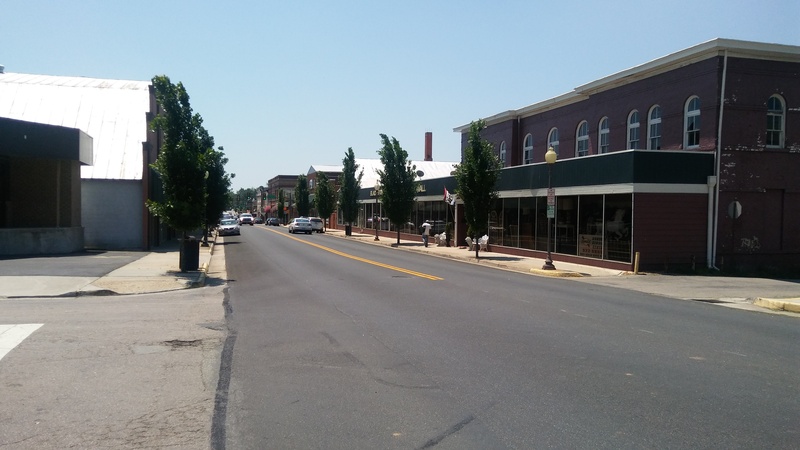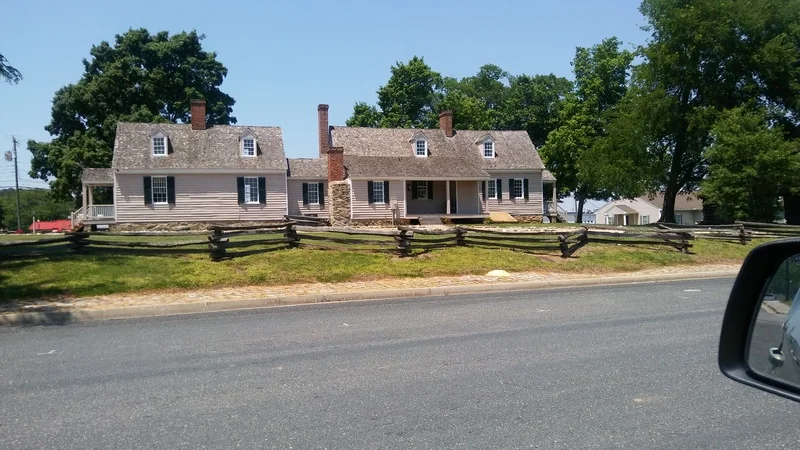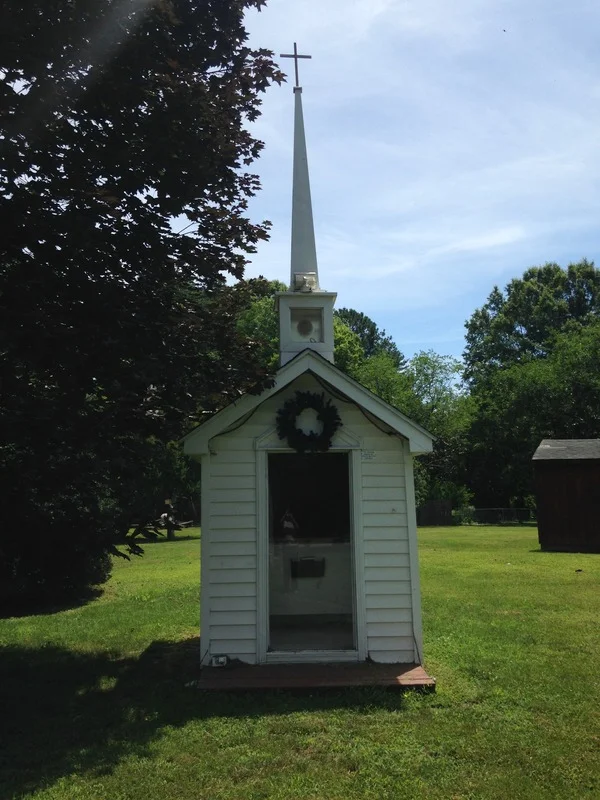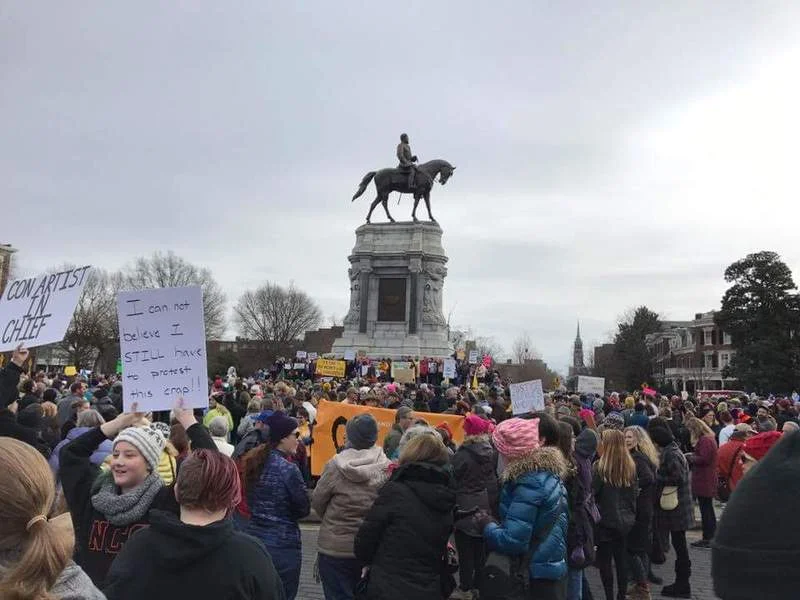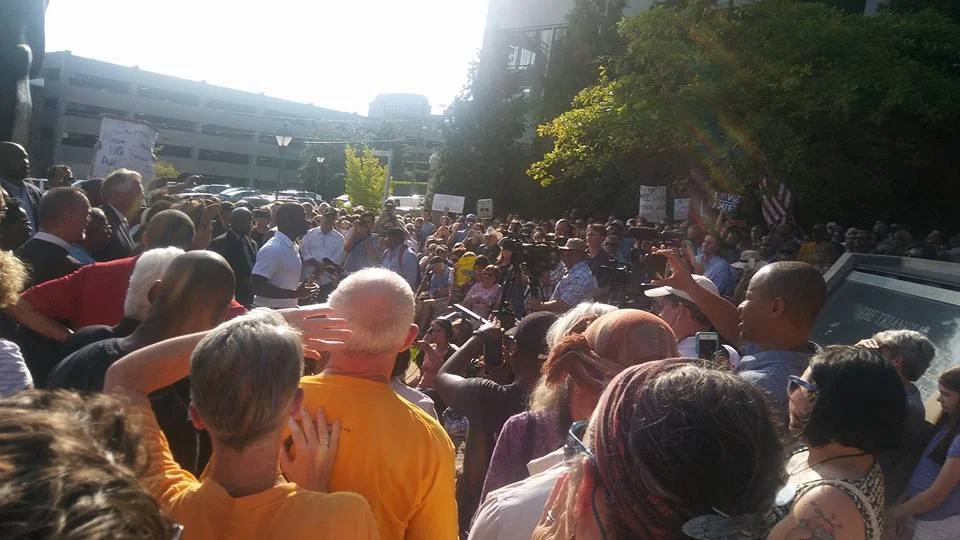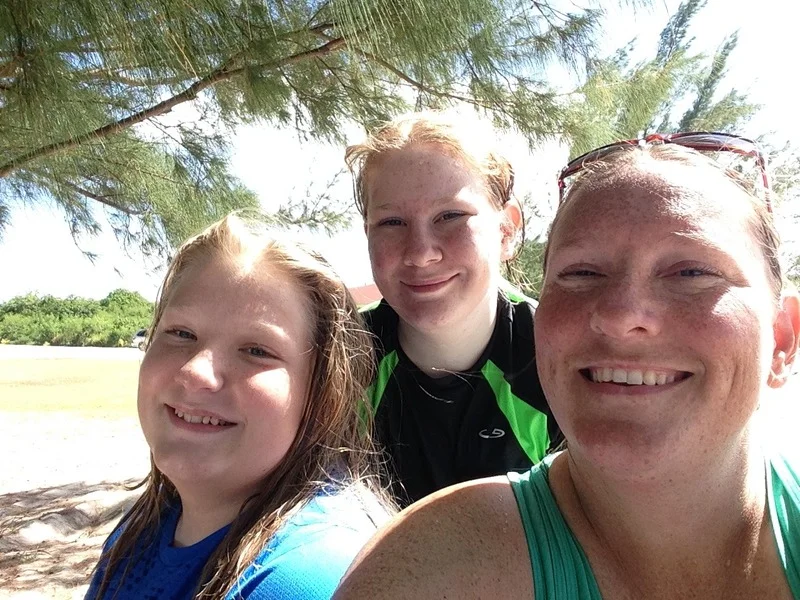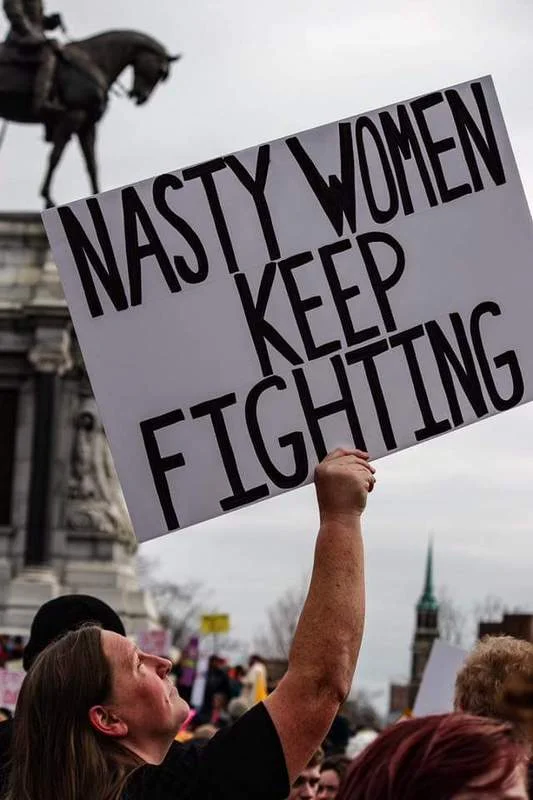Who is Heather Fikel?
Heather Fikel was born in Falls Church, Virginia. Her family lived in Anchorage, Alaska; Arlington Virginia; Middleton, Wisconsin, and then Southern California. She attended a bit of college in Northern Arizona before moving back to Southern California where she met her husband from whom she is now separated. She has two kids and moved to the country outside Richmond about five years ago. She has homeschooled the kids and lived as a farmer until this year when she went back to college. She is Jewish but not currently attending synagogue.
Excerpt from interview with Heather Fikel by Whitney Dow, 2017
Fikel: [12:03:20:00] I do feel like being a woman has impacted me more than being white, as far as things that it has made more difficult for me. So I think I don’t think about my own race as much because it doesn’t have a negative impact on me. But I know that being a woman has. I know that, you know, when I have to go get a car fixed, or when I have to do anything where other people might think of it as more of a man’s thing, that being a woman makes things more difficult.
When we had our farm in California, we were surrounded by what’s left of the dairy farms in southern California, owned mainly by Dutch families, and they still very much have, you know, the man is the head of the household kind of idea. And there was a man who used to come over to talk about farming things, and animals, and stuff like that; he was interested in how we were farming. And the first two times he came over, he didn’t want to talk to me; he wanted to talk to my husband. So he would ask if my husband was home, and I would say, “No, can I help you?” And he would say, “Oh, I’ll wait until your husband’s home.”
So the third time when he came over and my husband was home, and I told my husband about this, that you know, this guy keeps on coming over but he won’t talk to me about farming; he says he wants to talk about farming stuff and he won’t talk to me. So the third time he came over, my husband was home. He, you know, went up to my husband and he said, you know, “Oh hey, I wanted to talk to you about this and that, and I had some questions.” And my husband looked at him, he goes, “Oh, well, she’s the boss, talk to her.” [laughter]
So, you know, I can think of a lot more times in my life where my gender has had more of an impact negatively than my race has. So while I think about race a lot in terms of where our country is at, and where the status of racial justice is in the country, and what can I do to help with that, I don’t always—or even usually think of it in terms of my race personally.
Interview Transcript
Participant-Submitted Photos

